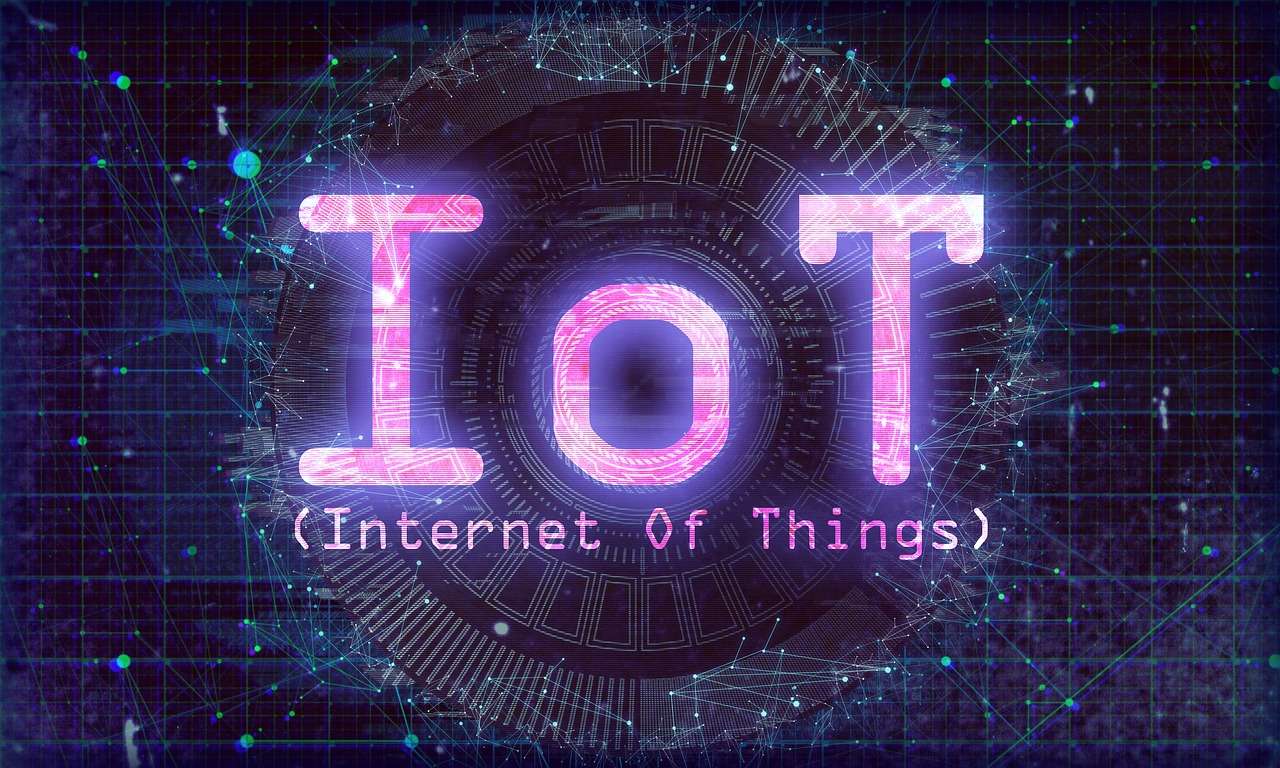
IoT
In the continuously evolving scenario of industrial automation, the role of the Internet of Things (IoT) has become increasingly significant. Industrial automation has revolutionized how factories and manufacturing plants operate, optimizing production processes and enhancing overall efficiency. A pivotal component in this transformative journey is the Internet of Things (IoT), which connects machines, devices, and systems to facilitate real-time data exchange and decision-making. However, the successful implementation of industrial automation heavily depends on the reliability of iot connectivity solutions. This article explores why reliable solutions are critical for industrial automation.
Enhancing Efficiency:
One of the primary benefits of industrial automation is the significant improvement in efficiency. It plays a crucial role in achieving this efficiency by ensuring data is transmitted seamlessly between devices and systems. In a manufacturing environment, even a minor delay or disruption in data transfer can result in downtime, increased production costs, and decreased productivity. With dependable IoT connectivity, machines can communicate in real-time, enabling quick response to changing conditions and reducing the likelihood of operational bottlenecks. Furthermore, this enhanced connectivity supports data analytics, fostering continuous process improvement and informed decision-making.
Minimizing Downtime:
Downtime can be detrimental to any industrial operation. When a production line grinds to a halt due to equipment failure or process inefficiencies, it can lead to substantial financial losses. It helps minimize downtime by enabling predictive maintenance. Through continuous monitoring of equipment and machinery, IoT sensors can detect potential issues and alert maintenance teams before a breakdown occurs. This proactive approach not only reduces downtime but also extends the lifespan of machinery, resulting in cost savings for businesses. Additionally, it enhances operational reliability and customer satisfaction, as orders can be fulfilled on time, ensuring consistent service levels.
Improving Quality Control:
Quality control is paramount in manufacturing industries. Consistent product quality can tarnish a company’s reputation and lead to customer satisfaction. It facilitates real-time monitoring of production processes, allowing for immediate adjustments when deviations from quality standards are detected. This ensures that products meet the desired specifications, enhancing overall product quality and customer satisfaction. Moreover, a strong commitment to quality control reduces waste, rework, and recalls, translating into cost savings and higher profitability.
Streamlining Supply Chain Management:
Effective supply chain management is critical for maintaining a competitive edge in today’s global marketplace. It provides visibility and transparency throughout the supply chain, from raw material suppliers to end customers. This visibility allows companies to optimize inventory levels, reduce lead times, and make informed decisions about production and distribution. As a result, businesses can streamline their supply chain operations and reduce costs. Furthermore, improved supply chain visibility enhances customer satisfaction, enabling accurate order tracking and timely deliveries, ultimately contributing to long-term customer loyalty and brand reputation.
Enhancing Safety:
Industrial automation is not just about increasing efficiency and productivity; it also prioritizes worker safety. Reliable solutions can help create a safer work environment by monitoring equipment conditions and alerting operators to potential hazards. For example, IoT sensors can detect overheating or excessive vibrations in machinery, signaling the need for immediate attention. This proactive approach to safety not only protects workers but also prevents costly accidents and damage to equipment. Moreover, it fosters a culture of continuous improvement in safety protocols and compliance with industry regulations, enhancing the overall well-being of the workforce.
Facilitating Remote Monitoring and Control:
Modern industrial facilities often span vast areas, making it impractical for personnel to be physically present everywhere. It enables remote monitoring and control of machinery and processes. Operators can access real-time data and make adjustments from anywhere with an internet connection. This not only reduces the need for on-site personnel but also allows for faster response to issues or changes in production requirements. Additionally, it promotes sustainability by minimizing travel and optimizing resource utilization.
Summing it Up:
In conclusion, reliable iot connectivity solutions are indispensable for successfully implementing industrial automation. They enhance efficiency, minimize downtime, improve quality control, streamline supply chain management, enhance safety, and facilitate remote monitoring and control. As the industrial landscape continues to evolve, businesses that invest in robust connectivity solutions will remain competitive and resilient in the face of changing market dynamics. Industrial automation powered by reliable IoT connectivity is not just a technological advancement; it is a strategic imperative for the modern industry. Moreover, these solutions also contribute to cost savings, sustainability, scalability, and data-driven decision-making, further solidifying their role in the ever-evolving industrial ecosystem. As technology advances and interconnectivity becomes increasingly important, staying ahead of the curve by embracing IoT connectivity is crucial for long-term success.






